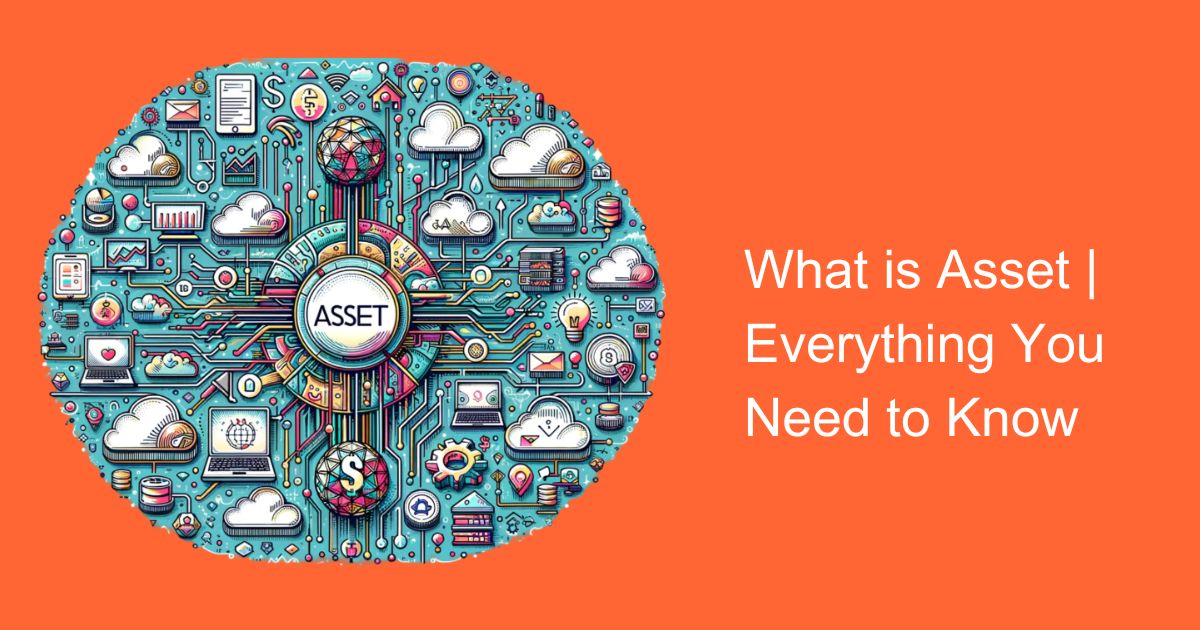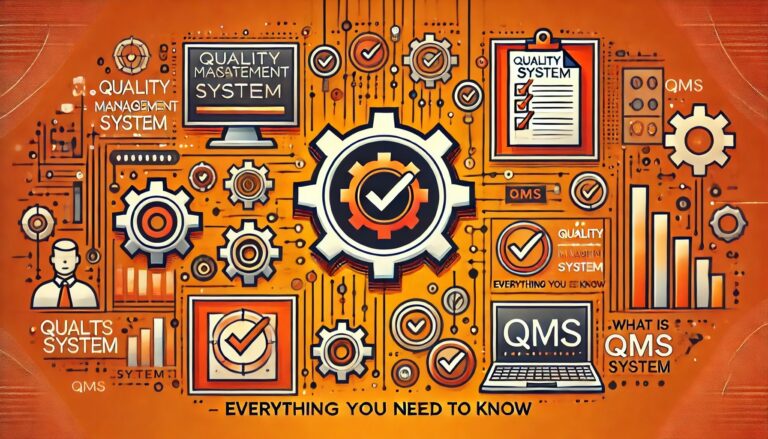Introduction
In the realm of finance and economics, the term “asset” holds significant weight. It’s a fundamental concept that forms the backbone of investment strategies, financial planning, and business operations. Understanding assets is crucial for individuals, businesses, and governments alike. In this comprehensive guide, we delve into what is asset, their types, significance, and how they operate within the Indian context.
Defining Assets:
An asset is essentially anything of value that can be owned or controlled and which has the potential to generate future economic benefits. Assets come in various forms, ranging from tangible assets like real estate, machinery, and equipment to intangible assets like patents, trademarks, and goodwill.
Types of Assets:
Assets can be broadly categorized into two main types: tangible and intangible.
Tangible Assets:
These are physical assets that have a definite monetary value and can be touched or felt. Examples include real estate properties, vehicles, machinery, equipment, inventory, and precious metals.
Intangible Assets:
These are assets that lack physical substance but hold significant value. Intangible assets include intellectual property such as patents, trademarks, copyrights, and goodwill. Additionally, financial assets like stocks, bonds, mutual funds, and cryptocurrencies fall under this category.
Significance of Assets:
Assets play a crucial role in personal wealth accumulation, business growth, and economic development. Here’s why they are essential:
Wealth Creation:
For individuals, owning assets is a pathway to wealth creation. Investments in assets like stocks, real estate, and mutual funds offer opportunities for capital appreciation and income generation.
Business Expansion:
Assets are vital for businesses to operate and expand. Tangible assets like machinery and equipment enable production, while intangible assets like patents and trademarks provide competitive advantages and enhance brand value.
Economic Growth:
In the broader economic context, assets contribute to economic growth by facilitating investment, innovation, and productivity enhancements. They serve as the foundation for capital formation and infrastructure development.
Assets in the Indian Context:
In India, the concept of assets holds significant importance, both at the individual and national levels. Here’s how assets are viewed and utilized within the Indian context:
Personal Finance:
In the realm of personal finance, Indians traditionally prioritize investments in tangible assets like gold and real estate. However, with the evolving financial landscape, there’s an increasing inclination towards financial assets such as mutual funds, equities, and insurance products.
Business Landscape:
India’s business landscape is diverse, with enterprises spanning various sectors. Tangible assets like manufacturing facilities and infrastructure are vital for industries, while intangible assets such as technology and intellectual property are becoming increasingly valuable in the digital age.
Government Initiatives:
The Indian government recognizes the importance of assets in driving economic growth and development. Initiatives like Make in India, Digital India, and Startup India aim to foster entrepreneurship, innovation, and investment in both tangible and intangible assets.
Challenges and Considerations:
While assets offer numerous benefits, managing them effectively poses certain challenges. These include:
Risk Management:
Investments in assets carry inherent risks, including market fluctuations, economic uncertainties, and regulatory changes. It’s essential for individuals and businesses to diversify their asset portfolios and adopt risk mitigation strategies.
Valuation:
Valuing assets accurately, especially intangible assets like intellectual property, can be complex. Employing robust valuation methodologies and seeking professional expertise is crucial for making informed financial decisions.
Regulatory Compliance:
Compliance with regulatory frameworks governing asset ownership, taxation, and reporting is imperative to avoid legal repercussions. Staying abreast of regulatory changes and seeking expert guidance can help navigate compliance challenges effectively.
Conclusion:
In conclusion, assets form the cornerstone of financial stability, business growth, and economic prosperity. Whether tangible or intangible, assets hold intrinsic value and serve as vehicles for wealth creation, innovation, and development. In the Indian context, assets play a pivotal role in shaping personal finances, driving business endeavors, and fostering national progress. By understanding the nuances of assets and adopting prudent management practices, individuals and entities can harness their potential to achieve long-term financial success and contribute to sustainable growth.








